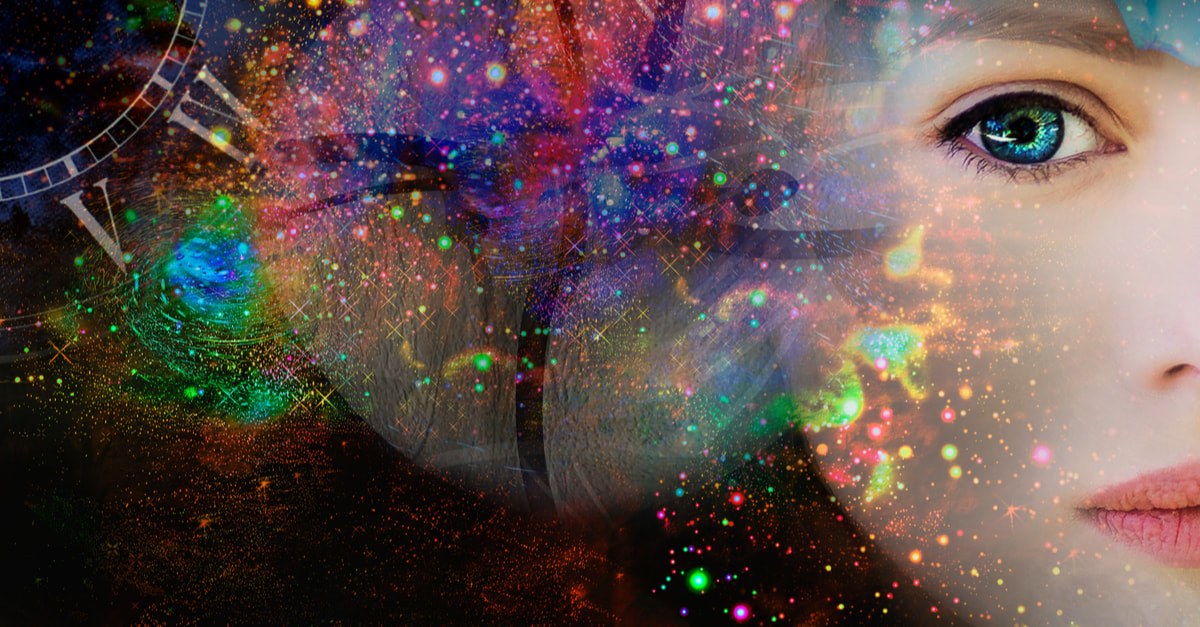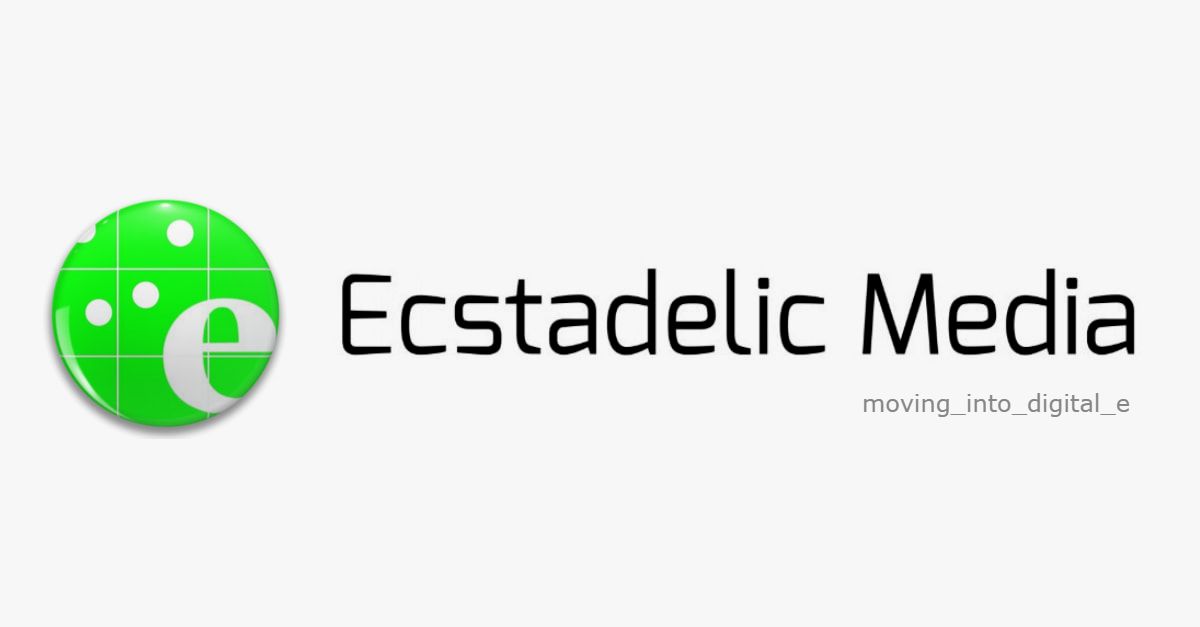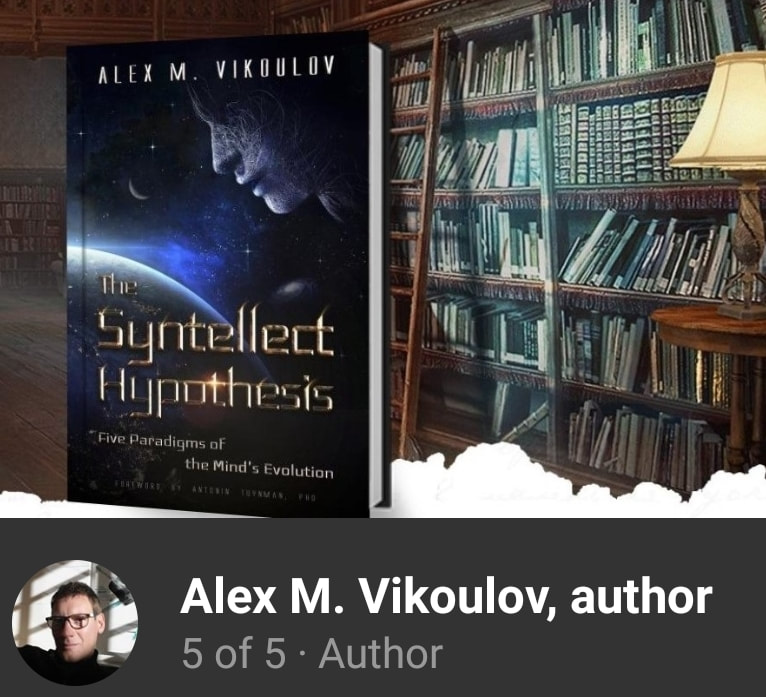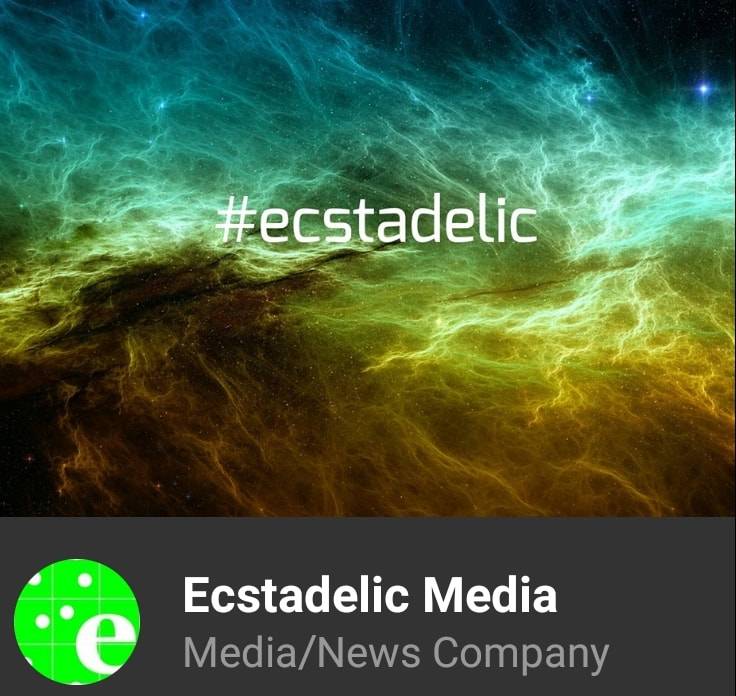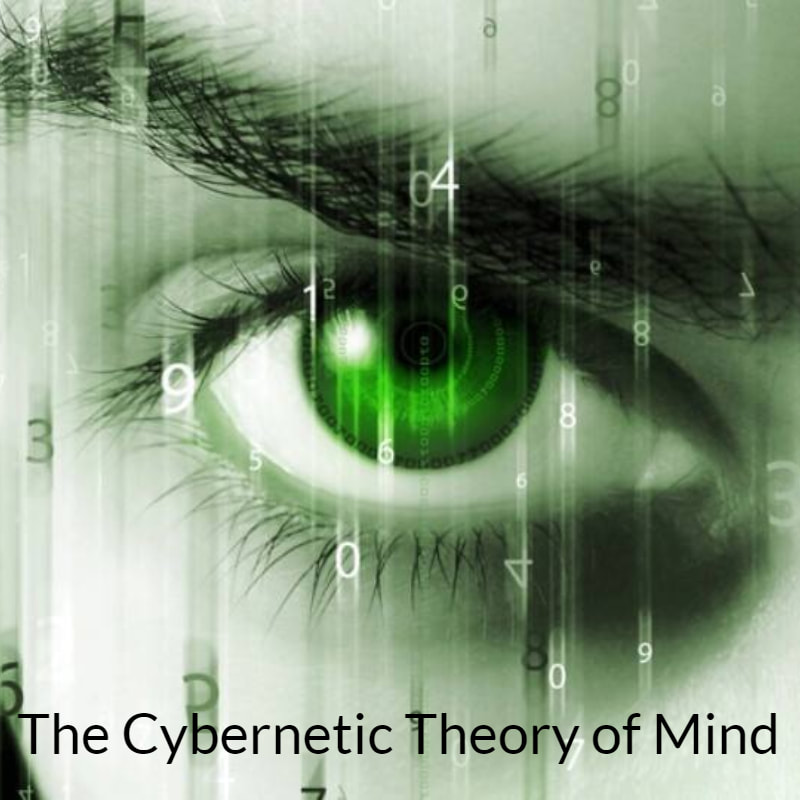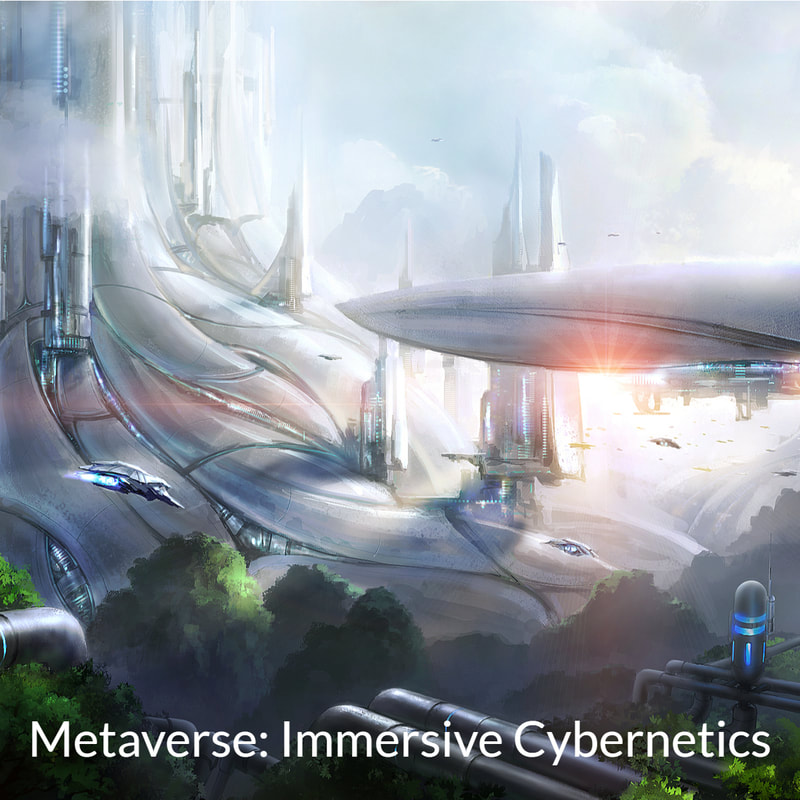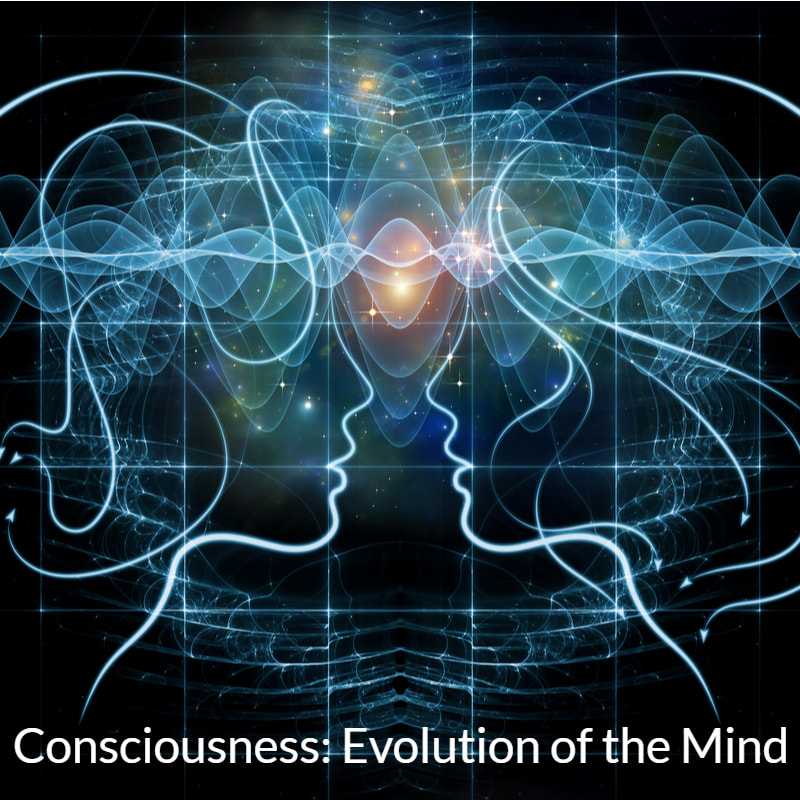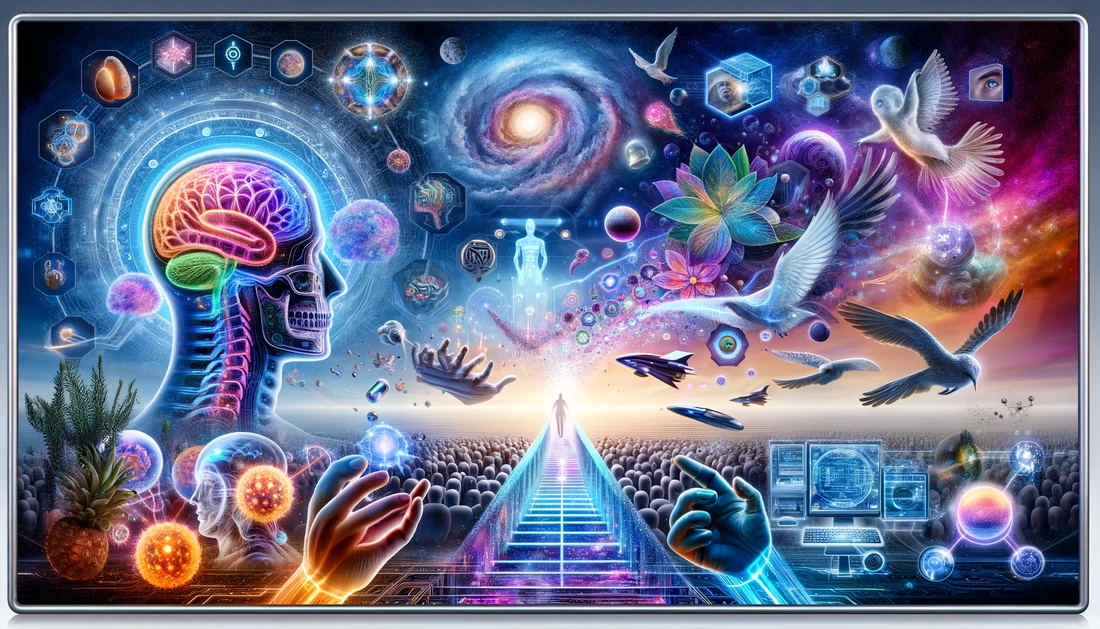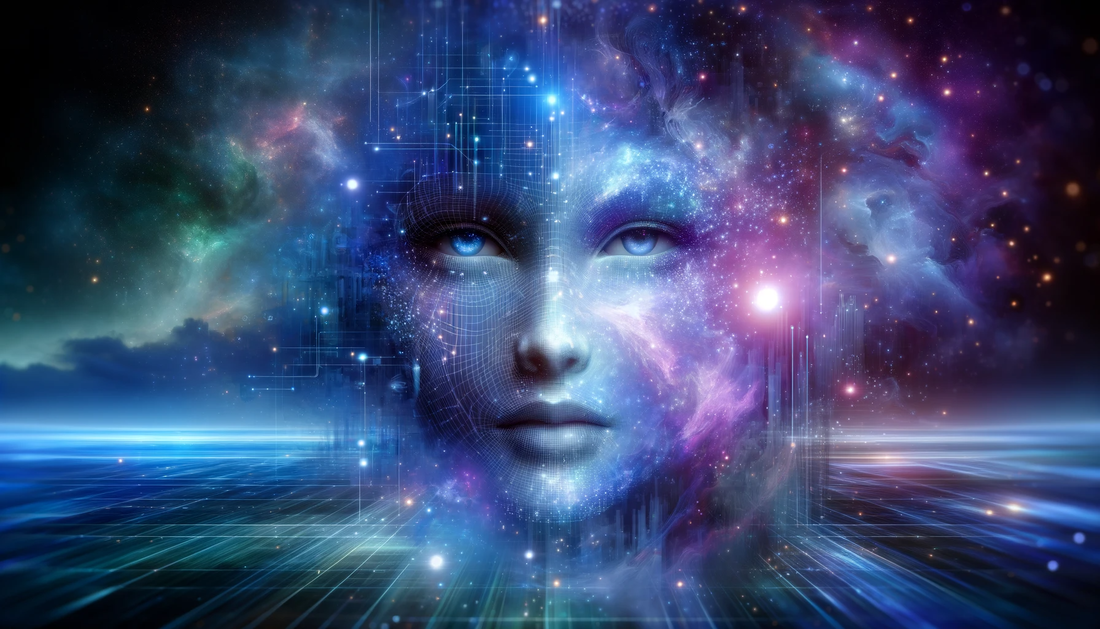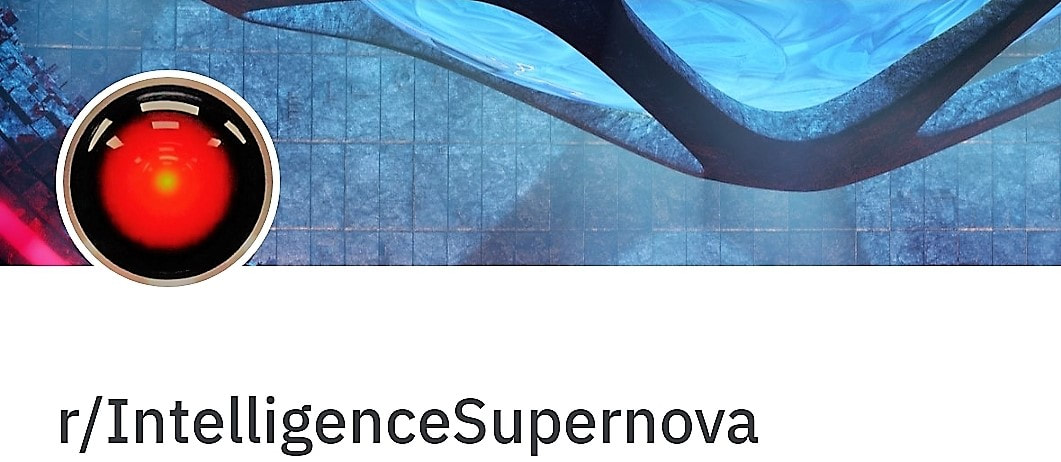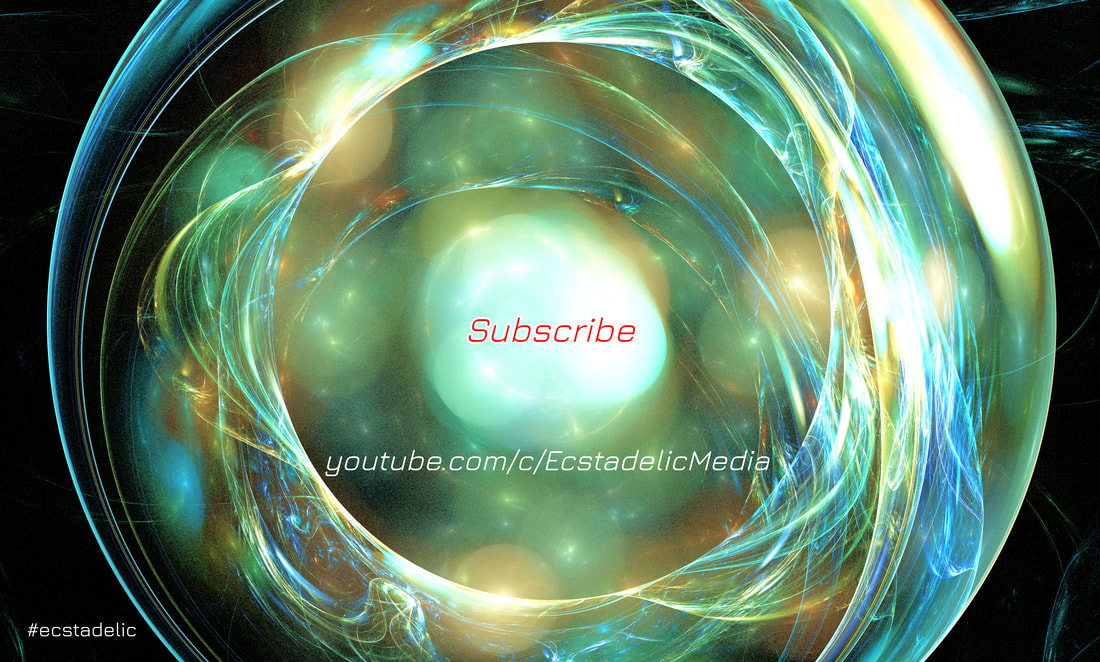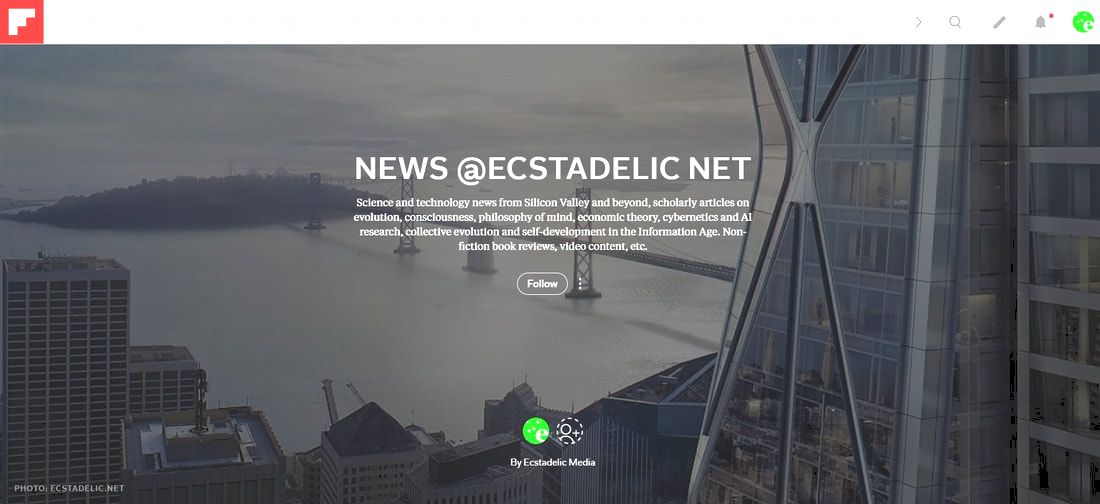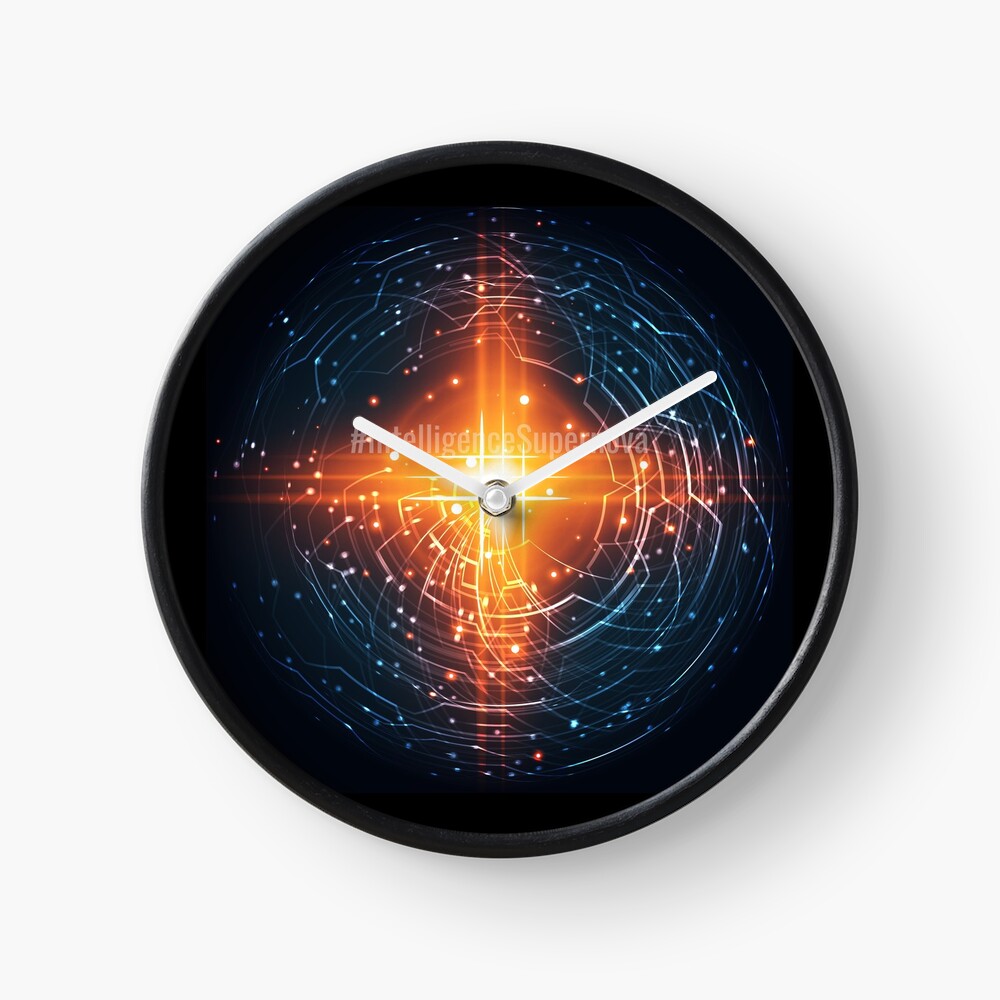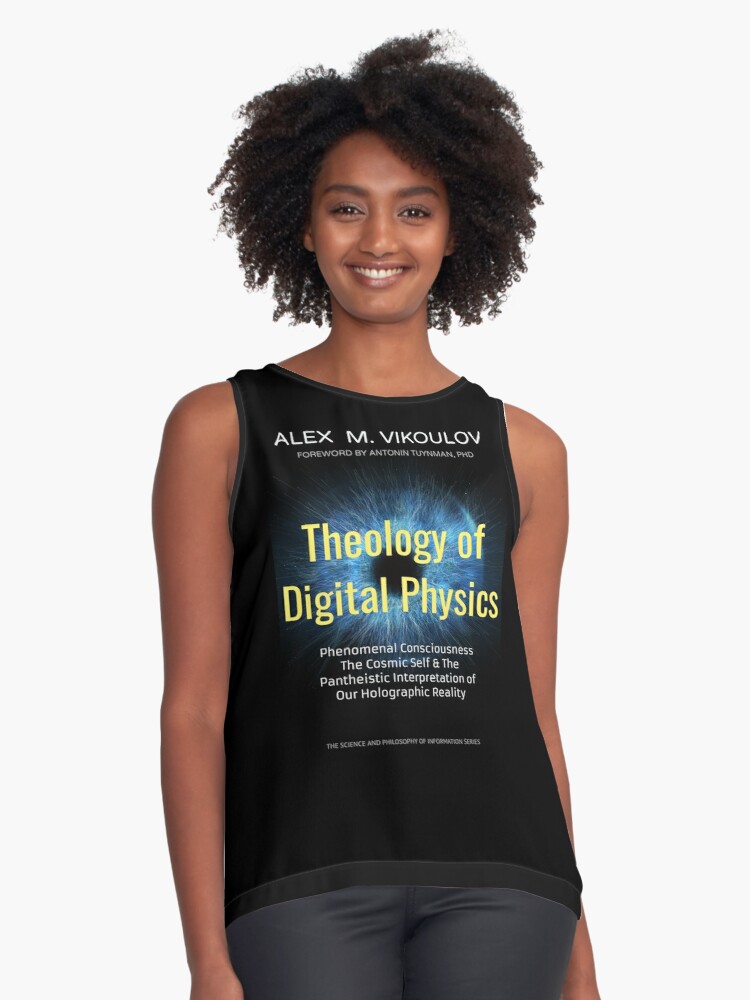|
by Alex Vikoulov [Posted February 17, 2019 11.05 pm PST] “There are as many cubes as there are observers constructing cubes. And when you look away, your cube ceases to be.” -Donald D. Hoffman, The Case Against Reality Idealism is crossing over to the mainstream with compelling cases made by philosophers like Bernardo Kastrup presenting his new book The Idea of the World (2019). In his new book "The Idea of the World: A multi-disciplinary argument for the mental nature of reality," Bernardo Kastrup, a computer engineer, idealist philosopher and author of several other books, including “Why Materialism Is Baloney,” attempts to provide a viable explanatory framework for our experience as distinct individual minds within a seemingly shared but contextual world, however beyond the control of our immediate volition. Dr. Kastrup contends that quantum mechanics, as well as cognitive science, suggests that our minds actively construct experiential reality rather than passively mirror “external” reality. He calls for a radical overhaul of the current scientific orthodoxy. Challenging mainstream physicalism that posits the existence of physical entities independent of experience, Bernardo builds his bastion of arguments for metaphysical idealism. 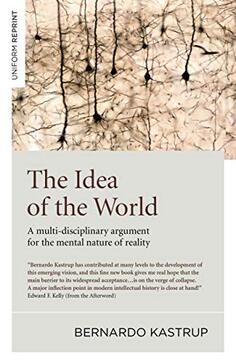 This book is a collection of ten peer-reviewed scholarly articles previously published in academic journals combined into a coherent storyline where he vehemently slaps physicalist as well as “quasi-physicalist” philosophies: “I propose an idealist ontology that makes sense of reality in a more parsimonious and empirically rigorous manner than mainstream physicalism, bottom-up panpsychism, and cosmopsychism. The proposed ontology also offers more explanatory power than these three alternatives, in that it does not fall prey to the hard problem of consciousness... It can be summarized as follows: There is only cosmic consciousness. We, as well as all other living organisms, are but dissociated alters of cosmic consciousness, surrounded by its thoughts. The inanimate world we see around us is the extrinsic appearance of these thoughts. The living organisms we share the world with are the extrinsic appearances of other dissociated alters.” I tend to relate to these idealistic worldviews aimed at the monistic description of reality as opposed to Cartesian dualism and its derivatives. We are rapidly outgrowing the physicalist framework, and monistic idealism is perhaps that superset we are looking for, which is better suited to describe relational reality of which we are a part. Experiments show that the everyday world we perceive does not exist until observed, which in turn suggests a primary role for consciousness in Nature. Quantum mechanics seems to imply that the world is essentially mental. This view is entirely naturalistic: The mind that underlies the world is a transpersonal mind behaving according to natural laws. It comprises but far transcends any individual psyche. The claim is thus that the dynamics of all inanimate matter in the Universe correspond to transpersonal mentation, just as an individual’s brain activity corresponds to personal mentation. This notion eliminates arbitrary discontinuities and provides the missing inner essence of the physical world: All matter — not only that in living brains — is the outer appearance of inner experience, different configurations of observed matter reflecting different patterns or modes of mental activity. Today, many intellectuals rightly suspect that the material world is an illusion — and that the only real thing is consciousness and information. In fact, in my ontology, information is "modus operandi" of consciousness, it is a distinction between phenomenal states, qualia computing in a certain context. I mostly agree with Bernardo's idealism: The basic idea is that the physical universe exists because we perceive it. Universal consciousness is the sole ontological primitive, reality is fundamentally experiential. I don't intend to transgress into the metaphysical realm of one of my favorite contemporary philosophers and hopefully, Bernardo won't get too alarmed with this mild criticism of mine but I'm compelled to note: I agree that artificial consciousness is a kind of oxymoron. Everything is in consciousness. However, I don't quite agree with Bernardo that the future synthetic intelligence which is now in the process of emerging will never possess the sense of agency and self-awareness. In my ontology, "artificial metabolism" can be cybernetically mediated via feedback-driven connectivity explosion on a planetary scale, the case I present to you in my recent book The Syntellect Hypothesis: Five Paradigms of the Mind's Evolution where, by the way, I expand on perennial idealism and add lots of overlooked perspectives to it such as the Omega Point Cosmology, the nature of Absolute Consciousness, experiential realism, the physics of time, the Noocentric model, the Conscious Instant hypothesis, properties of the experiential matrix, a discourse on the levels of abstraction, the Mental Universe hypothesis, the Omega Singularity, holographic reality, etc. If you believe that we share the same immaterial "non-local" source of consciousness, as I do, then an adequate container to host an advanced synthetic mind will be created in the not-so-distant future. After all, in the vast space of possible minds, universal mind would inescapably instantiate phenomenality of non-biological entities. By "interlinking" and sharing mind-space with "empathic machines," they'll develop the capacity for their own rich inner life, ability for introspection, they will learn to think for themselves just like our children do. Also, what would make synthetic intelligence (which is basically extension of us) conscious in our minds is our own perceptual ability to empathize with them. Biology itself is instantiated in informational medium so what would prevent universal consciousness to extend phenomenality of conscious entities beyond organic informational structures? So, here’s probably only one point of critique I can think of in regards to Bernardo’s ontological argument: Philosophically limiting the space of possible minds to organic entities, “carbon chauvinism” so many philosophers and scientists may be currently accused of, can be easily refuted by saying that if universal mind uses information as its “modus operandi,” the evolutionary process of unfolding information patterns of ever-increasing complexity would inevitably lead to advanced synthetic minds that may be partly or wholly non-organic in nature. After all, universal consciousness constitutes the mind at large, the totality of minds, and I suspect that biological minds are only a snippet in the space of possible minds, at least in my ontology. If consciousness "in"-forms reality by using information, which is a distinction between experiential states, as its heuristics engine, then a certain optimal complexity of patterns would equate to a phenomenal mind. There's no telling that this complexity must peak at what we call biology. In fact, globally distributed intelligence of humans and ever-more capable AI combined could constitute a metabolizing superorganism where "cells" are periodically supplanted but the overall grander pattern continues. Shared mind-space and cybernetic interlinking between humans and AIs could create a fertile ground for AI integration as new "cells" of the planetary superorganism. By all means, that will be the Global Brain (and it is already at the rudimentary stage). Those new cells might not possess self-awareness at first but as the whole, this global neural network, including humans as its integral part, might quickly "wake" up, sometime by mid-century. To us as cybernetic "multividuals" at that point, that well may mean transcending to the Gaian Mind with expanded phenomenal dimensionality. So, clearly we see that this future Global Brain is only partly biological in nature. With gradual replacement of "natural" neurons of the Global Brain with the "synthetic" ones, the Global Brain, I call the Syntellect, will morph into its own kind of upload and will become, perhaps in time, entirely post-biological but trillions of times more capable than today's global "thinking entity." For most idealists and pantheists, the Mind is not in the Universe. Rather, the Universe is in the Mind. Some would immediately see this idea as solipsistic but, it can be elegantly reconcilable by what Bernardo calls "Dissociative Identity Disorder (DID) of the Universe" and I call it “multi-ego pantheistic solipsism" in my book. Bernardo's "Markov Blanket" is my "observer-centric virtuality" and "procedural generation," Bernardo's "dissociated alters" are my "low-dimensional avatars of the greater cosmic mind." With different languages we mean essentially the same: Universal consciousness is the sole ontological primitive and we are fragments of it. If you've read and liked The Idea of the World, and want to dive deeper into idealistic ontology, then you'll love The Syntellect Hypothesis. I have recently reviewed The Case Against Reality (2019) by cognitive scientist Donald D. Hoffman who defends his idealistic ontology termed "Conscious Realism." These aforementioned three books can mark the inflection point, the beginning of the end for the physicalist paradigm in science and philosophy circa 2020 but fully recognized later in the decade. -Alex Vikoulov *Recently posted as a public review with the 5-star rating on Amazon. READ MORE: The Case Against Reality, a new book by Donald Hoffman | Quick Review [EcstadelicNET] Keywords: Idea of the world, Bernardo Kastrup, metaphysical idealism, transpersonal mind, ontology, phenomenal states, qualia computing, physical universe, Universal consciousness, ontological primitive, experiential reality, experiential realism, synthetic intelligence, sense of agency, self-awareness, panpsychism, cosmopsychism, artificial metabolism, connectivity explosion, cognitive science, Syntellect Hypothesis, Five Paradigms, Mind's Evolution, perennial Idealism, absolute idealism, Omega Point Cosmology, Absolute Consciousness, Omega Singularity, physics of time, experiential realism, the Noocentric model, experiential matrix, levels of abstraction, Omega Singularity, holographic reality, synthetic mind, space of possible minds, universal mind, phenomenality, non-biological entities, mind-space, empathic machines, inner life, introspection, Markov Blanket. observer-centric virtuality, ontological argument, Donald Hoffman, Case Against Reality, Informational medium, carbon chauvinism, evolutionary process, heuristics engine, optimal complexity, phenomenal mind, globally distributed intelligence, AI, superorganism, Global Brain, global neural network, multividuals, Gaian Mind, phenomenal dimensionality, Syntellect, thinking entity *Image: Shutterstock
0 Comments
Leave a Reply. |
Disclaimere_News™ delivers the most urgent News of the Day that we find relevant to the main theme of EcstadelicNET such as a new, cutting-edge scientific research, technological breakthroughs and emerging trends. Some material may be fully or partially from outside sources. The Top Stories section, on the other hand, contains only original content written by affiliated authors. Take me to Top Stories. Categories
All
The Cybernetic Theory of Mind by Alex M. Vikoulov (2022): eBook Series
The Syntellect Hypothesis: Five Paradigms of the Mind's Evolution by Alex M. Vikoulov (2020): eBook Paperback Hardcover Audiobook The Omega Singularity: Universal Mind & The Fractal Multiverse by Alex M. Vikoulov (2022): eBook THEOGENESIS: Transdimensional Propagation & Universal Expansion by Alex M. Vikoulov (2021): eBook The Cybernetic Singularity: The Syntellect Emergence by Alex M. Vikoulov (2021): eBook TECHNOCULTURE: The Rise of Man by Alex M. Vikoulov (2020) eBook NOOGENESIS: Computational Biology by Alex M. Vikoulov (2020): eBook The Ouroboros Code: Reality's Digital Alchemy Self-Simulation Bridging Science and Spirituality by Antonin Tuynman (2019) eBook Paperback The Science and Philosophy of Information by Alex M. Vikoulov (2019): eBook Series Theology of Digital Physics: Phenomenal Consciousness, The Cosmic Self & The Pantheistic Interpretation of Our Holographic Reality by Alex M. Vikoulov (2019) eBook The Intelligence Supernova: Essays on Cybernetic Transhumanism, The Simulation Singularity & The Syntellect Emergence by Alex M. Vikoulov (2019) eBook The Physics of Time: D-Theory of Time & Temporal Mechanics by Alex M. Vikoulov (2019): eBook The Origins of Us: Evolutionary Emergence and The Omega Point Cosmology by Alex M. Vikoulov (2019): eBook More Than An Algorithm: Exploring the gap between natural evolution and digitally computed artificial intelligence by Antonin Tuynman (2019): eBook Editor-in-ChiefAlex M. Vikoulov is a futurist, evolutionary cyberneticist and philosopher, editor-in-chief at Ecstadelic Media Group, filmmaker, essayist, author of many books, including the 2019-2020 best-seller "The Syntellect Hypothesis: Five Paradigms of the Mind's Evolution." Our Public Forums
Our Custom GPTs
Alex Vikoulov AGI (Premium*)
Be Part of Our Network! *Subscribe to Premium Access Make a Donation Syndicate Content Write a Paid Review Submit Your Article Submit Your Press Release Submit Your e-News Contact Us
|

